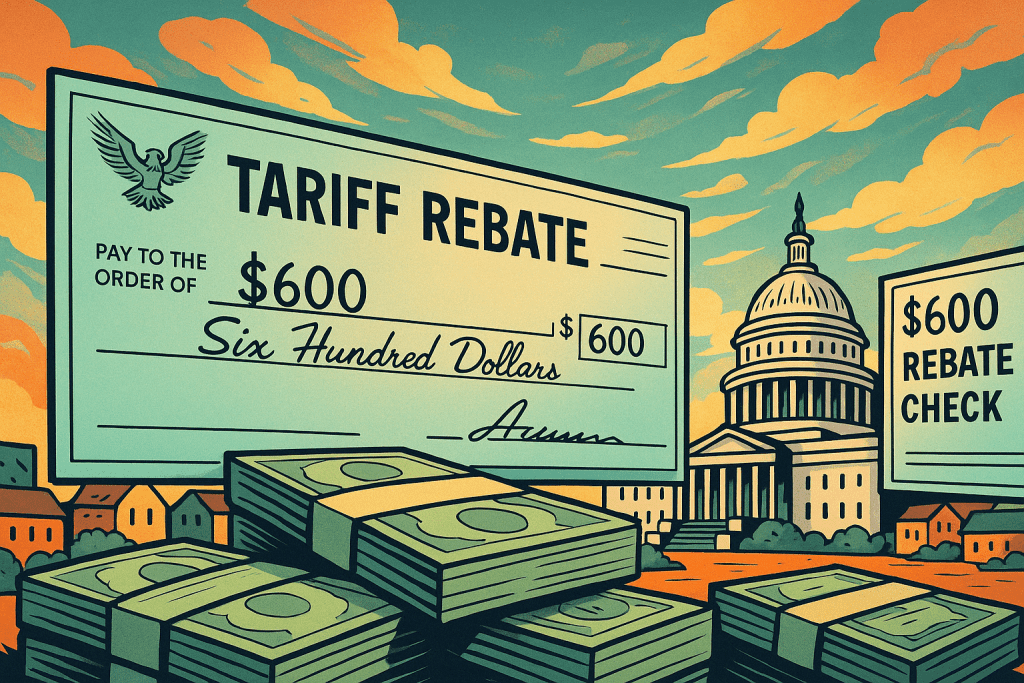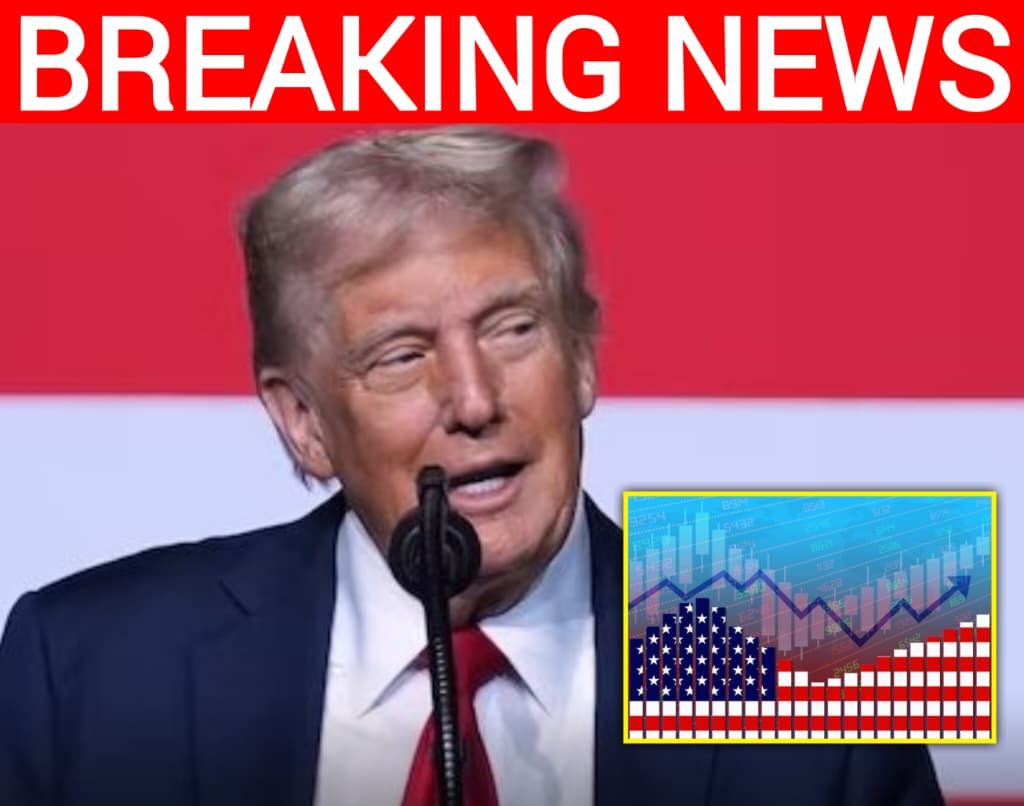President Trump Considers Taxpayer Rebates of Up to $2,000 From Tariff Revenues, Sparking Debate Over Debt and Consumer Costs
President Donald Trump’s comments about giving Americans rebates funded by tariff revenues have stirred new waves of conversation about the future of U.S. economic policy. In remarks first made in July 2025, he said he was weighing a plan that could provide direct payments ranging from $1,000 to $2,000 per citizen, framing it as a way to put money back into the hands of hardworking taxpayers. The idea, which mirrors elements of the proposed American Worker Rebate Act, has energized some supporters while drawing sharp criticism from fiscal conservatives and policy experts.

The proposal comes at a time when tariffs have become a central tool of Trump’s trade strategy in his second term. Supporters of the rebate plan view it as a creative way to redistribute tariff revenue back to American families, allowing them to share in the benefits of a more aggressive trade stance. In a political climate where economic relief proposals often stall in Congress, the notion of direct checks tied to tariffs quickly grabbed headlines and lit up social media. For many, the thought of receiving $1,000 or even $2,000 checks from the government in an election cycle feels like a tangible and direct form of support.

But the plan has faced significant pushback, even from many conservatives. One major line of criticism centers on the nature of tariffs themselves. Economists at the Tax Foundation and other research groups have long pointed out that tariffs are effectively taxes paid by U.S. consumers and businesses, not foreign governments. Studies estimate that between 80 and 90 percent of the costs of tariffs are ultimately borne by American buyers in the form of higher prices. That means while rebate checks might offer short-term relief, they may not truly offset the larger cost increases already hitting consumers through tariffs on goods and materials.

Another layer of criticism has emerged around the issue of national debt. With the U.S. debt now surpassing $35 trillion, many fiscal conservatives argue that any extra revenue from tariffs should be used to pay down the debt rather than distributed as rebates. Responses to Trump’s remarks across social media reflected this mindset, with a majority of top comments emphasizing the need to reduce deficits, cut government waste, or even abolish the IRS before issuing new payments. For this audience, the promise of rebate checks may sound appealing in the short term, but the long-term responsibility of managing the country’s financial health takes precedence.

At the same time, Trump’s supporters view the idea as consistent with his broader political message of prioritizing American workers. They argue that if tariffs are meant to protect U.S. jobs and industries, then sharing the benefits directly with families is only fair. The American Worker Rebate Act, an earlier proposal linked to this concept, envisioned rebates of roughly $600 per person. Trump’s suggestion of $1,000 to $2,000 would expand that significantly, raising questions about the sustainability and logistics of such a program.

For now, the proposal remains just that—a proposal. As of October 2025, Trump has not repeated or advanced the idea in recent speeches or official statements, and no legislation has been formally introduced to put it into practice. Still, the fact that the idea resonates with parts of his base suggests it could resurface, especially as campaign season heats up and economic concerns remain a top issue for voters. Whether Americans would ultimately see such rebate checks depends not just on political will, but on the complex realities of trade revenue, consumer costs, and the nation’s mounting debt.

Trump’s floated plan may never move beyond the talking stage, but it has already reignited one of the most persistent debates in U.S. politics—whether short-term economic relief is worth the long-term tradeoffs. For families struggling to pay bills, the promise of $2,000 rebates might sound like a lifeline. For fiscal conservatives worried about America’s financial future, it sounds like just another political gamble. The conversation shows no signs of fading, proving once again how powerful a simple promise of cash in people’s hands can be in American politics.


